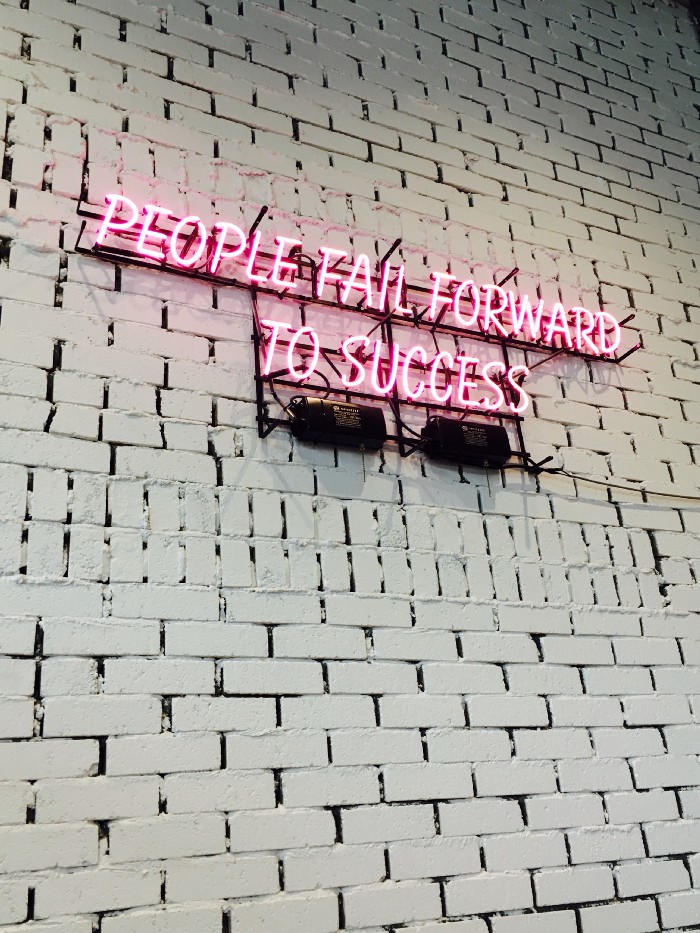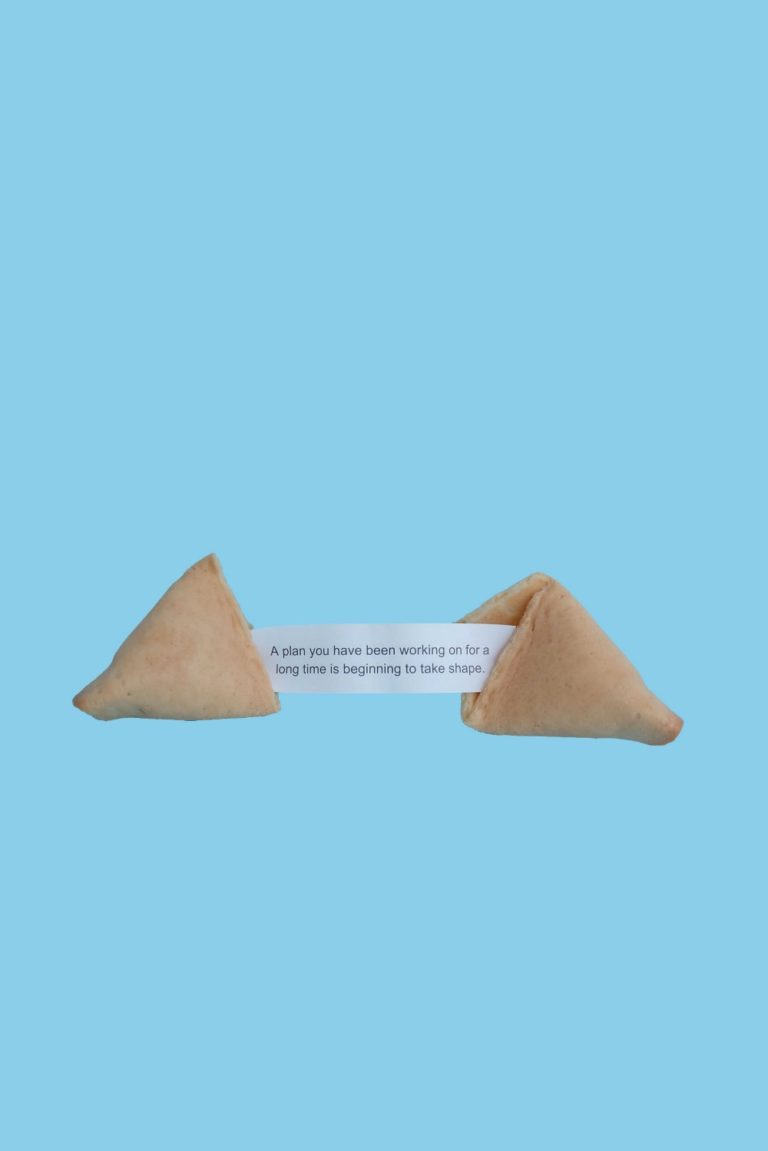Unhealthy competition puts a disproportional amount of emphasis on the outcome, rather than valuing the process or the journey of success.
“Look to your left, look to your right: one of you won’t be here next year.” This intimidating line was immortalised as a greeting for incoming students at Harvard Law School in the classic movie, The Paper Chase. The message — hard work is needed to be here. The potential misinterpretation — your success occurs when others fail or that in a competition, others must lose if you are to win, and so it is natural to withhold information that might help others, or to fail to provide help when help may be needed. Clearly, this message inhibits teamwork. It is hard to collaborate if you view (consciously or not) your colleague as the competition. Self- preservation is a tremendous force.
In game theory and economic theory, zero-sum describes a situation in which one person’s gain is exactly balanced by another person’s loss. Life in the business world at times feels like a zero-sum game. As you move up the ladder of success, the number of positions decreases and the pressure to succeed increases. While this sentiment may be common, it is wrong. In fact, most successful people freely admit they achieved their success with the help of others.
“The best learning opportunities in the workplace occur when individuals or teams come face to face with a vexing problem. These situations provide outstanding growth opportunities and a great chance to generate and implement innovative and creative solutions.”
– Art Petty
The crisis we currently face involving the spread of COVID-19 provides a prime example of individuals who, rather than coming together to help those in need, have begun to view their interactions with others as zero-sum and behave in ways consistent with such a mindset (such as hoarding thousands of toilet tissue rolls and bottles of hand sanitiser.)
Zero-sum thinking can be detrimental to our success, both at work and in life. In this article I discuss three tips for overcoming such mindsets:
Give up the need to always be right
Do you have an excessive need to be right? Do you feel that unless you have the last word or give your two cents, then you have lost? Try to let other people speak while you listen. My Mom used to remind me that God gave us one mouth and two ears and that probably he was trying to tell us something. It is more important to listen than to speak. Try it. Give others the opportunity to be right, try to step a bit into the background and help others, and you may discover that you are still winning.
Give credit to others
Do you take credit for the work of others and marginalise their contributions? Praise others and promote the work they did. Give credit and you will discover that it will elevate your status in the eyes of others and not diminish it.
Take responsibility
Own your destiny. Do you blame others for your station in life? If you believe that it is your Boss who is destroying your career by not promoting you, then you are putting yourself in a role of a victim. Take action into your own hands. Your future is in your hands. Now is the time to do you. Set clear priorities and earn your way to the next level of your life.
Develop an attitude of gratitude
At the core of an unhealthy competitive nature and mindset is our attitude. According to John C. Maxwell, author of The 21 Irrefutable Laws Of Leadership, our lives are constantly being shaped by the following factors:
1. Personality (Who are you)
2. Environment (What is around you)
3. Word expression (What you hear)
4. Adult acceptance/affirmation (What you feel)
5. Self-image (How you see yourself)
6. Exposure to new experiences
7. Association with peers (who influences you)
8. Physical appearance (How you look to others)
9. Marriage, family, and job/business (Your security and status)
Maxwell believes that our environments shape us more than our personalities or other inherited traits. He suggests that our outward actions are a direct reflection of our self-image. Unhealthy competition is a manifestation of an underlying unhealthy self-image. Maxwell says that whether you are eleven, forty-two, or sixty-five, your attitude toward life is still under construction. Give thanks for everything that happens to you, knowing that every step forward is a step towards achieving something bigger and better than your current situation.
It is all a matter of choice. It is all learnable. With the correct attitude, you can choose and work hard to learn to have an abundance mentality — the opposite of zero-sum thinking and unhealthy competitive thinking. You can choose to work hard to feel like you are in control of your destiny. Working hard was repeated twice intentionally to acknowledge that it is not always easy, but it is possible. It is never too late for a person to change his/her unhealthy habits. As English poet John Dryden said, “We first make our habits, and then our habits make us.”
Eliot Kelly is recognised as a serial Entrepreneur, and has been featured on CNN, BBC Three’s Be Your Own Boss and an extensive list of magazines and articles. His four books have been translated in over 7 languages and are sold in 29 countries, recently being shortlisted for Best Self-Help and Best Advice Books 2019 by The Author Academy. He is regarded as a top Sales, Business and Leadership Management Coach who creates opportunities for his success partner’s through financial literacy and life skills training. He is also a Professional Speaker and continues to inspire present and future entrepreneurs around the world. You Know More Than You Think You Do releases this Spring! Pre-Order Today.










